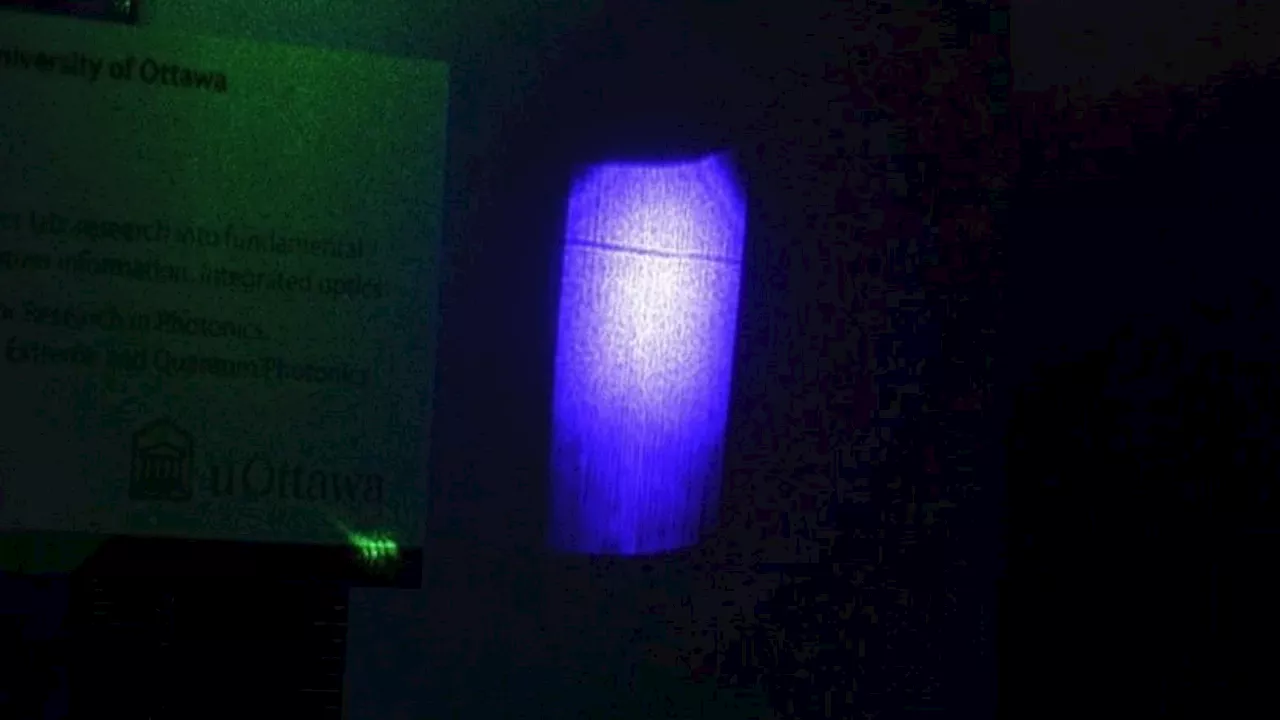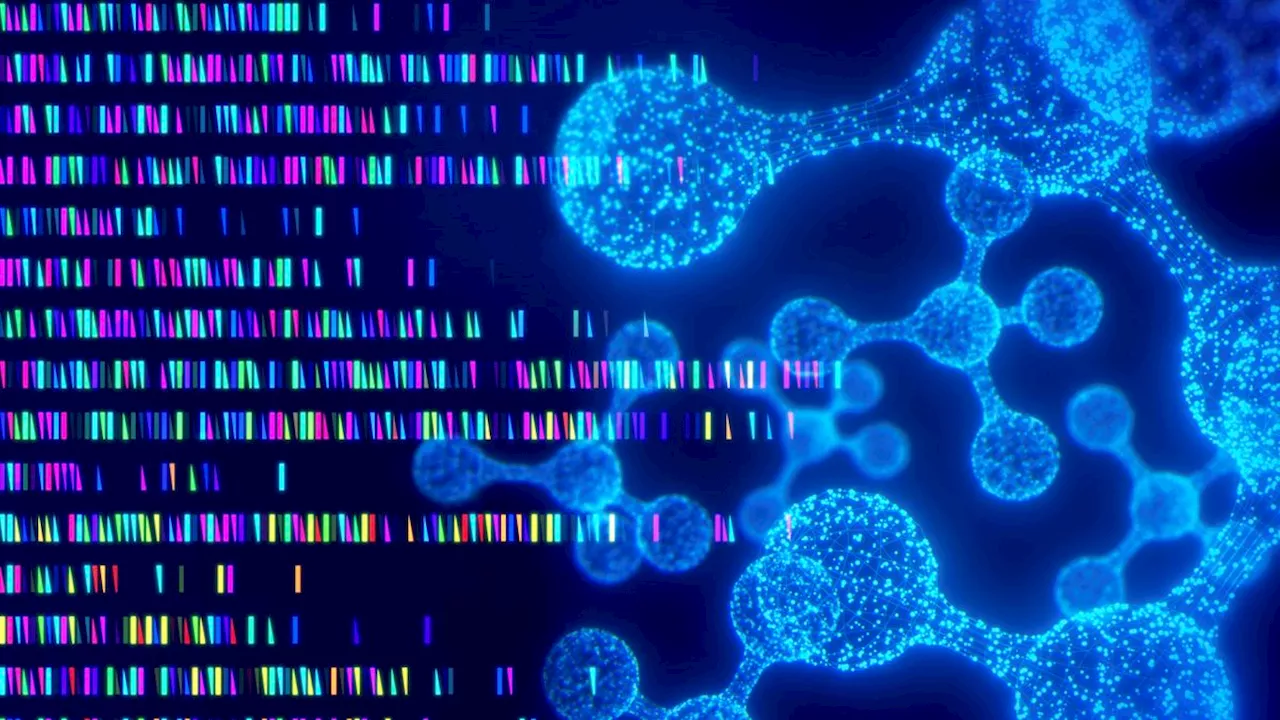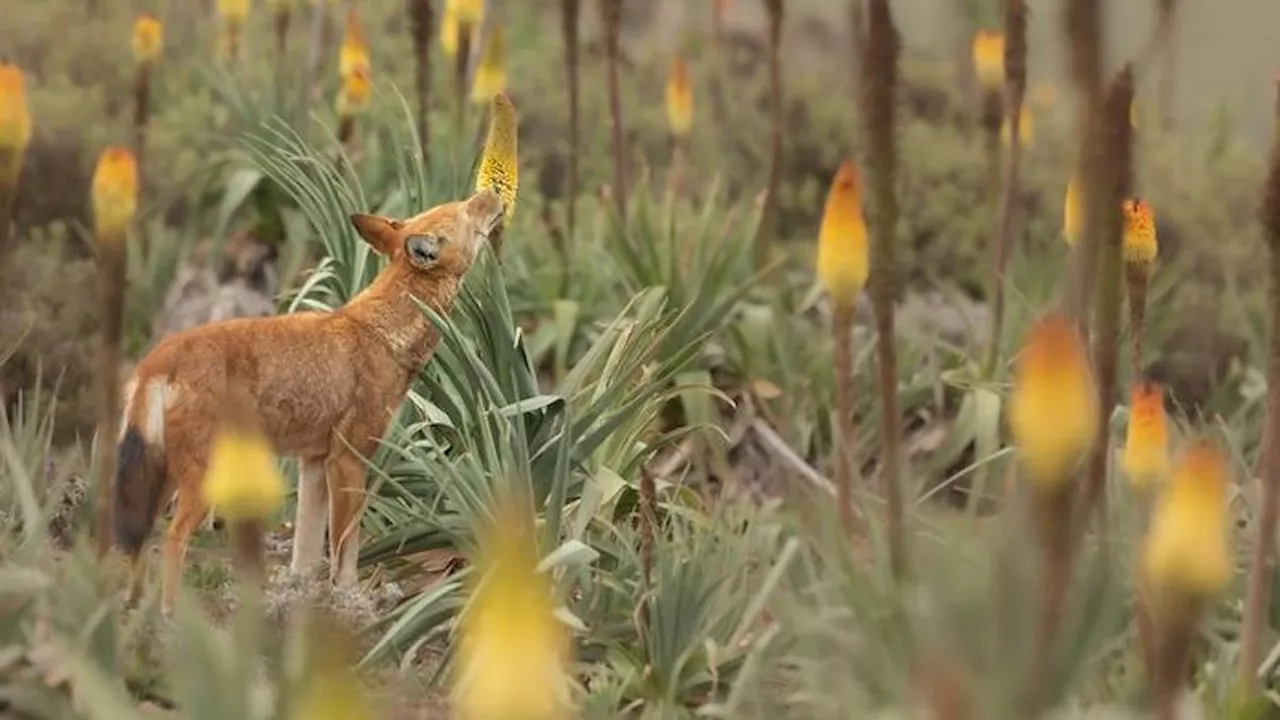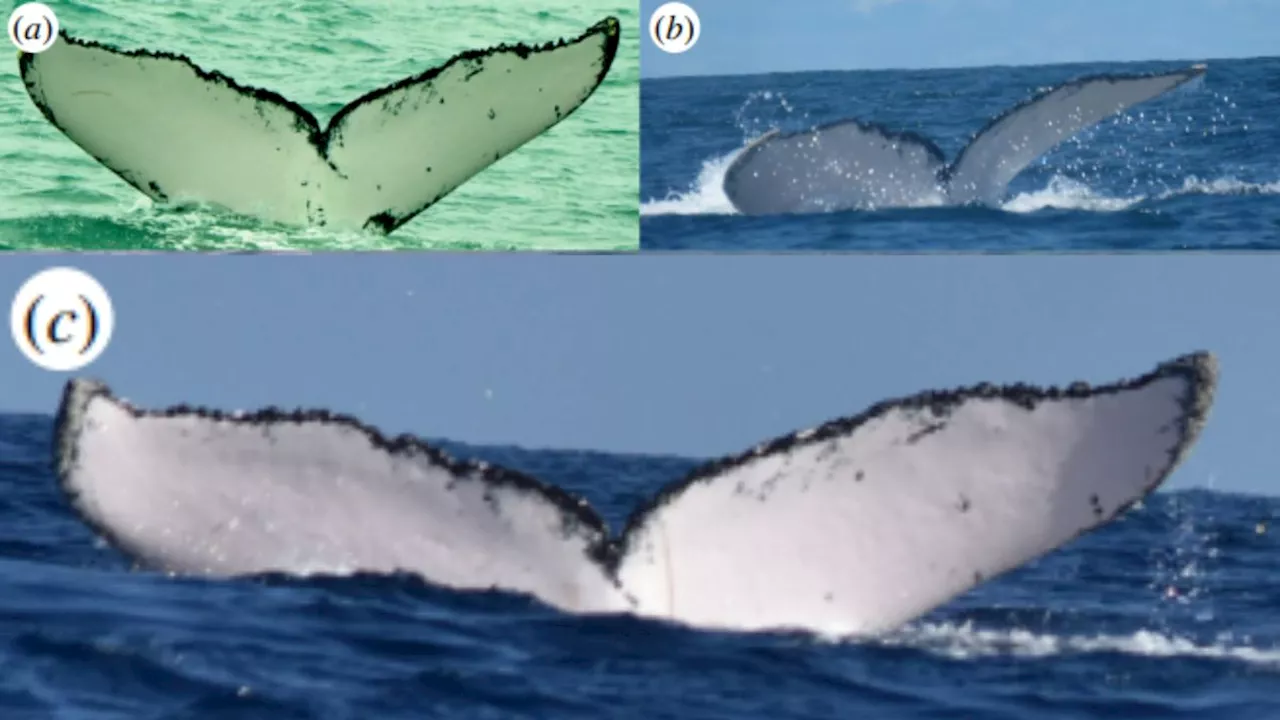Sascha is a U.K.-based trainee staff writer at Live Science. She holds a bachelor’s degree in biology from the University of Southampton in England and a master’s degree in science communication from Imperial College London. Her work has appeared in The Guardian and the health website Zoe.
The whale's journey is the longest great-circle distance between two sightings ever recorded for the species , scientists said. Great-circle distance refers to the shortest distance between two points on Earth as measured on the planet's spherical surface.
The whale likely swam eastward from Colombia, riding on prevailing currents in the Southern Ocean and potentially visiting humpback whale populations in the Atlantic Ocean, said study co-author Ted Cheeseman, a doctoral student at Southern Cross University in Australia and director of Happywhale, an image database where the researchers collected evidence for the study.
Sign up for the Live Science daily newsletter nowGet the world’s most fascinating discoveries delivered straight to your inbox. "We've been able to document novel behavior which provides important insight into ecology," study lead author Ekaterina Kalashnikova, a biologist working with the Tanzania Cetaceans Program and the Barazuto Center for Scientific Studies in Mozambique, told Live Science in an email.
United States Latest News, United States Headlines
Similar News:You can also read news stories similar to this one that we have collected from other news sources.
 'It invites us to reconsider our notion of shadow': Laser beams can actually cast their own shadows, scientists discoverSkyler Ware is a freelance science journalist covering chemistry, biology, paleontology and Earth science. She was a 2023 AAAS Mass Media Science and Engineering Fellow at Science News. Her work has also appeared in Science News Explores, ZME Science and Chembites, among others. Skyler has a Ph.D. in chemistry from Caltech.
'It invites us to reconsider our notion of shadow': Laser beams can actually cast their own shadows, scientists discoverSkyler Ware is a freelance science journalist covering chemistry, biology, paleontology and Earth science. She was a 2023 AAAS Mass Media Science and Engineering Fellow at Science News. Her work has also appeared in Science News Explores, ZME Science and Chembites, among others. Skyler has a Ph.D. in chemistry from Caltech.
Read more »
 'Cryptic carbon' may leak from volcanoes millions of years after eruptions endSkyler Ware is a freelance science journalist covering chemistry, biology, paleontology and Earth science. She was a 2023 AAAS Mass Media Science and Engineering Fellow at Science News. Her work has also appeared in Science News Explores, ZME Science and Chembites, among others. Skyler has a Ph.D. in chemistry from Caltech.
'Cryptic carbon' may leak from volcanoes millions of years after eruptions endSkyler Ware is a freelance science journalist covering chemistry, biology, paleontology and Earth science. She was a 2023 AAAS Mass Media Science and Engineering Fellow at Science News. Her work has also appeared in Science News Explores, ZME Science and Chembites, among others. Skyler has a Ph.D. in chemistry from Caltech.
Read more »
 Meet Evo, an AI model that can predict the effects of gene mutations with 'unparalleled accuracy'Skyler Ware is a freelance science journalist covering chemistry, biology, paleontology and Earth science. She was a 2023 AAAS Mass Media Science and Engineering Fellow at Science News. Her work has also appeared in Science News Explores, ZME Science and Chembites, among others. Skyler has a Ph.D. in chemistry from Caltech.
Meet Evo, an AI model that can predict the effects of gene mutations with 'unparalleled accuracy'Skyler Ware is a freelance science journalist covering chemistry, biology, paleontology and Earth science. She was a 2023 AAAS Mass Media Science and Engineering Fellow at Science News. Her work has also appeared in Science News Explores, ZME Science and Chembites, among others. Skyler has a Ph.D. in chemistry from Caltech.
Read more »
 Wolves in Ethiopia spotted licking 'red hot poker' flowers like lollipopsSkyler Ware is a freelance science journalist covering chemistry, biology, paleontology and Earth science. She was a 2023 AAAS Mass Media Science and Engineering Fellow at Science News. Her work has also appeared in Science News Explores, ZME Science and Chembites, among others. Skyler has a Ph.D. in chemistry from Caltech.
Wolves in Ethiopia spotted licking 'red hot poker' flowers like lollipopsSkyler Ware is a freelance science journalist covering chemistry, biology, paleontology and Earth science. She was a 2023 AAAS Mass Media Science and Engineering Fellow at Science News. Her work has also appeared in Science News Explores, ZME Science and Chembites, among others. Skyler has a Ph.D. in chemistry from Caltech.
Read more »
 How to take climate change out of the culture warsWhat if the resistance to climate science is not really about science at all?
How to take climate change out of the culture warsWhat if the resistance to climate science is not really about science at all?
Read more »
 'Edge of chaos' neuroscience theory could lead to superfast computing chips that behave like superconductorsSkyler Ware is a freelance science journalist covering chemistry, biology, paleontology and Earth science. She was a 2023 AAAS Mass Media Science and Engineering Fellow at Science News. Her work has also appeared in Science News Explores, ZME Science and Chembites, among others. Skyler has a Ph.D. in chemistry from Caltech.
'Edge of chaos' neuroscience theory could lead to superfast computing chips that behave like superconductorsSkyler Ware is a freelance science journalist covering chemistry, biology, paleontology and Earth science. She was a 2023 AAAS Mass Media Science and Engineering Fellow at Science News. Her work has also appeared in Science News Explores, ZME Science and Chembites, among others. Skyler has a Ph.D. in chemistry from Caltech.
Read more »
